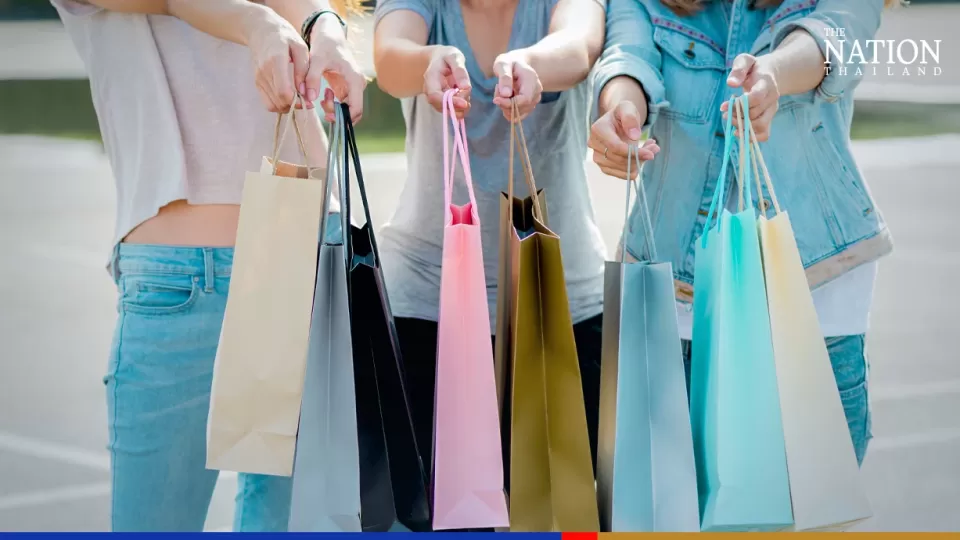October 19, 2022
BANGKOK – A large portion of Thai consumers are willing to buy second-hand beauty products via social media channels due to the rising cost of living, a survey has found.
Despite the risk of getting fake products, 22 per cent of Thai consumers are willing to take the risk of buying second-hand beauty products via Twitter and Instagram channels as well as other social media channels because they do not want to pay the full price for the products, said Mintel, a global market research firm.
Chayapat Ratchatawipasnan, senior beauty and personal care analyst of Mintel, said Thailand is now experiencing a 7.1 per cent inflation, so consumers are trying to save costs when buying beauty products.
Chayapat said that owners of beauty brands may lose some customers to second-hand sellers, but the brands could still command loyalty by creating an exchange market for users to sell their second-hand products.
Chayapat said the brands could also add their own promotions to the second-hand products exchange market. Such exchange markets also would ensure the quality of the second-hand products while retaining brand loyalty.
Mintel found that many consumers had turned to social media to search for second-hand beauty products instead of looking for new products on conventional media, he said.
He added that TikTok, which is a short video clip platform, has become popular among Gen Z Thais searching for second-hand beauty products.
Sales of second-hand beauty products via TikTok is expected to grow by 42 per cent, he added.
Mintel found that 46 per cent of Gen Z Thais admitted social media influenced their purchase of beauty products via online stores, Chayapat added.
He recommended that owners of leading beauty brands should use their second-hand exchange markets to contact various groups of customers via chats and messages through applications to draw them to their new products.
Chayapat said the research by Mintel also found that most of the buyers, who are at least 45 years old, do not like to risk buying second-hand products and 40 per cent of this group stated they bought beauty products directly from online stores of the brands.
So, while the brands create and run exchange markets for second-hand products of their own brands, they can still use the market to reach out to the group of buyers who are over 45 years old, Chayapat added.


